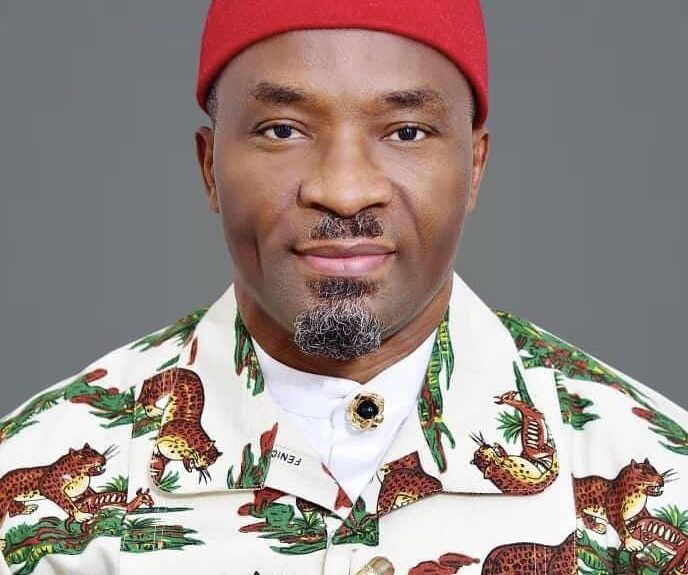Politician Vs Civil Servant.
Fubara is gradually getting people rally round him which is normal in Nigeria politics, the people will immediately line up behind you anytime you take up your predecessor and some will be around because they feel like is the best time to get their own share of the state cake.
Even if you like don’t do anything they will hail you for taking up the fight, but when you leave office you go collect.
Wike on his own is silent and have applied a spectator style, just watch and watch, the fight now have moved to another level as key political actors in Rivers state are seriously behind Wike, is now a fight of we work for you and you abandoned us and started romancing those that fought us.
In all honest Sim should look for a way to calm tension down in the state and am happy RSIEC will conduct local Government election very soon but the big question is “ RSIEC chairman & Commissioners are they loyal to who?
Those who keep saying Edo and Rivers Assembly case are the same I laugh in Ghana, Edo was a clear case of Proclamation, while Rivers is a clear case of defection.
In the eyes of the law the 25 members of the Rivers state House of Assembly are still members of the Assembly, according to the Constitution you can only defect when there is crisis in your party, PDP today have an Acting National Chairman who is acting on the strength of a court injunction, the position of National secretary is in dispute.
There are four different court injunctions on that position, two from Enugu, two from Abuja.
In conclusion Sim should be careful of those advising him, if those House of Assembly members gets Favourable judgment from the Court, he is a gunner, they will remove him within the period of one month, even if he likes let him demolish all building in the state.
The Situation is getting out of hand as the two groups lay claims over the 23 LGAs, one police man have lost his life and à vigilante officer too.
Sim should be aware that if the state continues to boil like this for the next two months, there is a provision in the constitution which allows the President to take over the running of affairs in the state and he will return to his house.
According to the 1999 Constitution (as amended), the President can:
1. Declare a state of emergency (Section 305): In times of crisis, the President can declare a state of emergency in a state, allowing for federal takeover of the state’s affairs.
2. Deploy military forces (Section 217): The President can deploy the military to maintain order and security in a state.
3. Appoint an administrator (Section 306): In a state of emergency, the President can appoint an administrator to manage the state’s affairs.
However, these powers are subject to certain conditions and limitations:
1. Approval from the National Assembly: The President must obtain approval from the National Assembly before declaring a state of emergency or appointing an administrator.
2. Constitutional requirements: The President must demonstrate that the situation in the state is beyond the control of the state government and poses a threat to national security or public order.
3. Time limits: The state of emergency or appointment of an administrator is typically limited to a specific period (usually 6 months), renewable with further approval from the National Assembly.
In the case of a state in crisis for three months, the President may consider intervening, but would need to follow the constitutional procedures and justify the intervention to the National Assembly and the public.
Success Onyekachi is a public affairs analyst.







